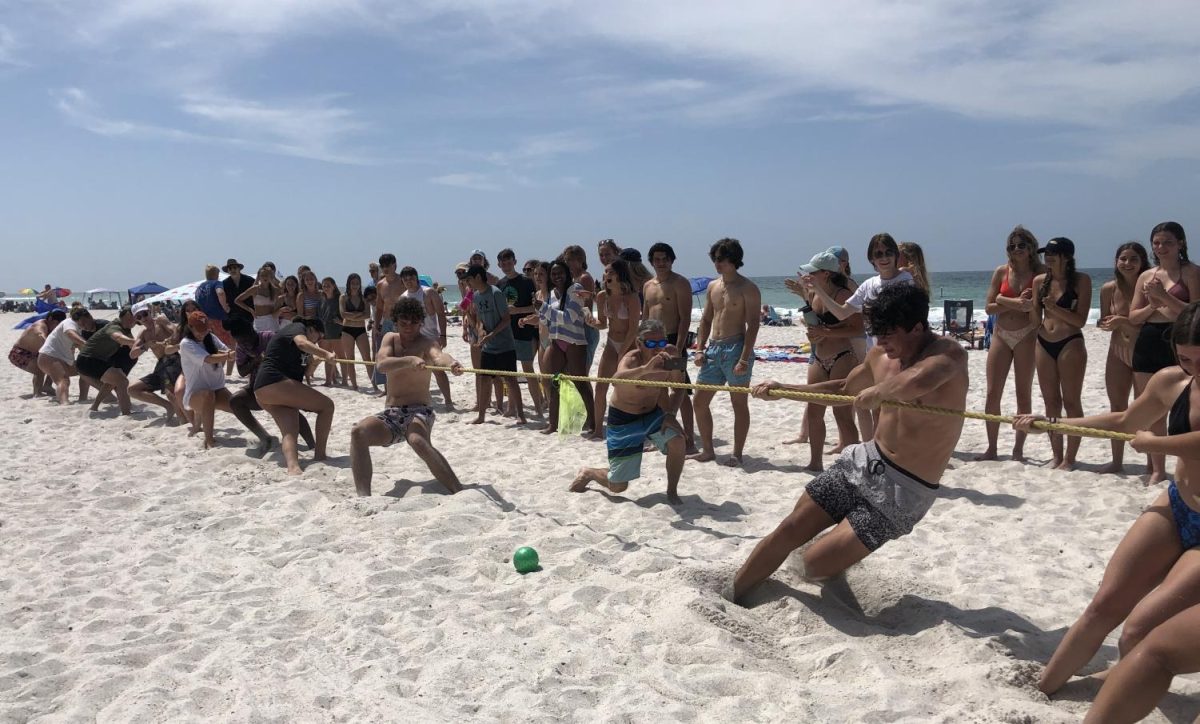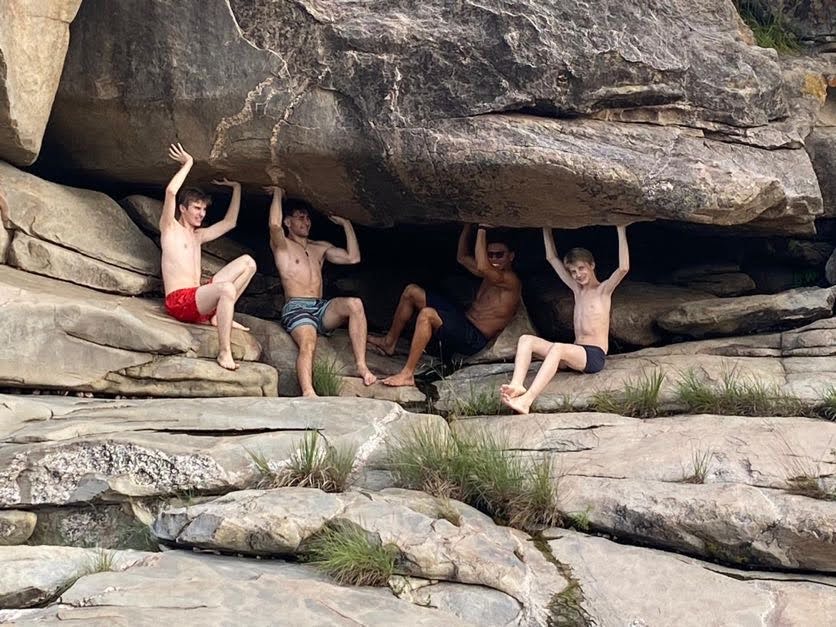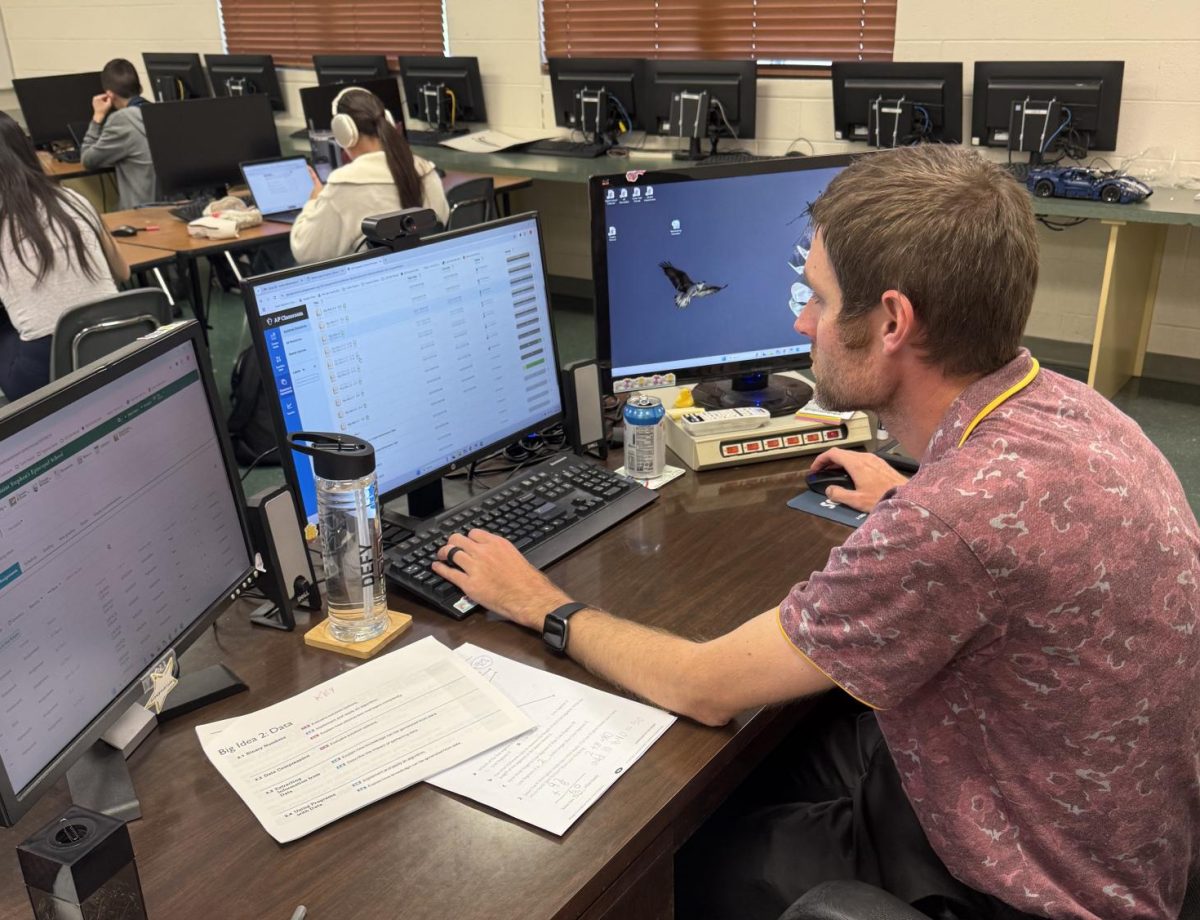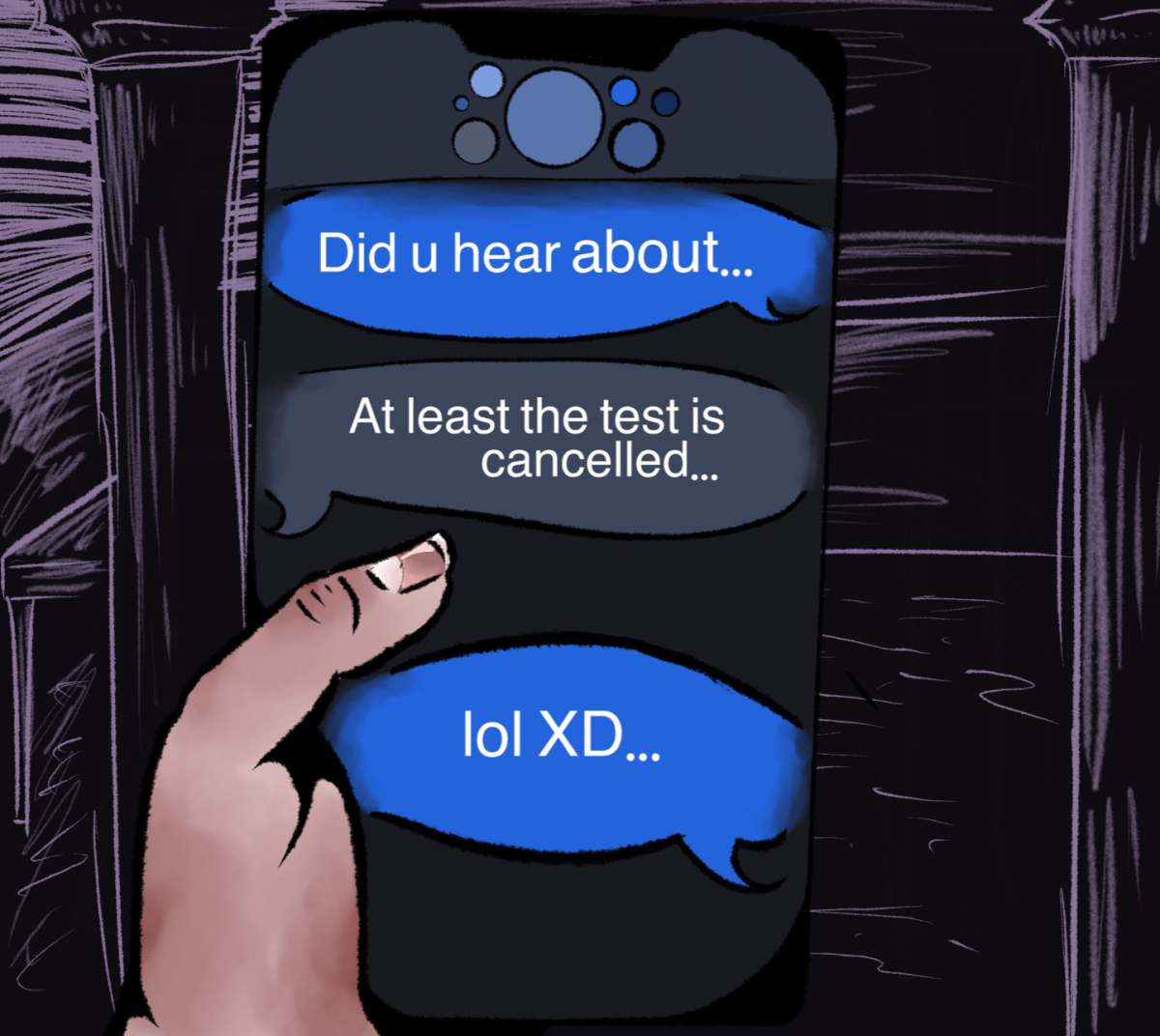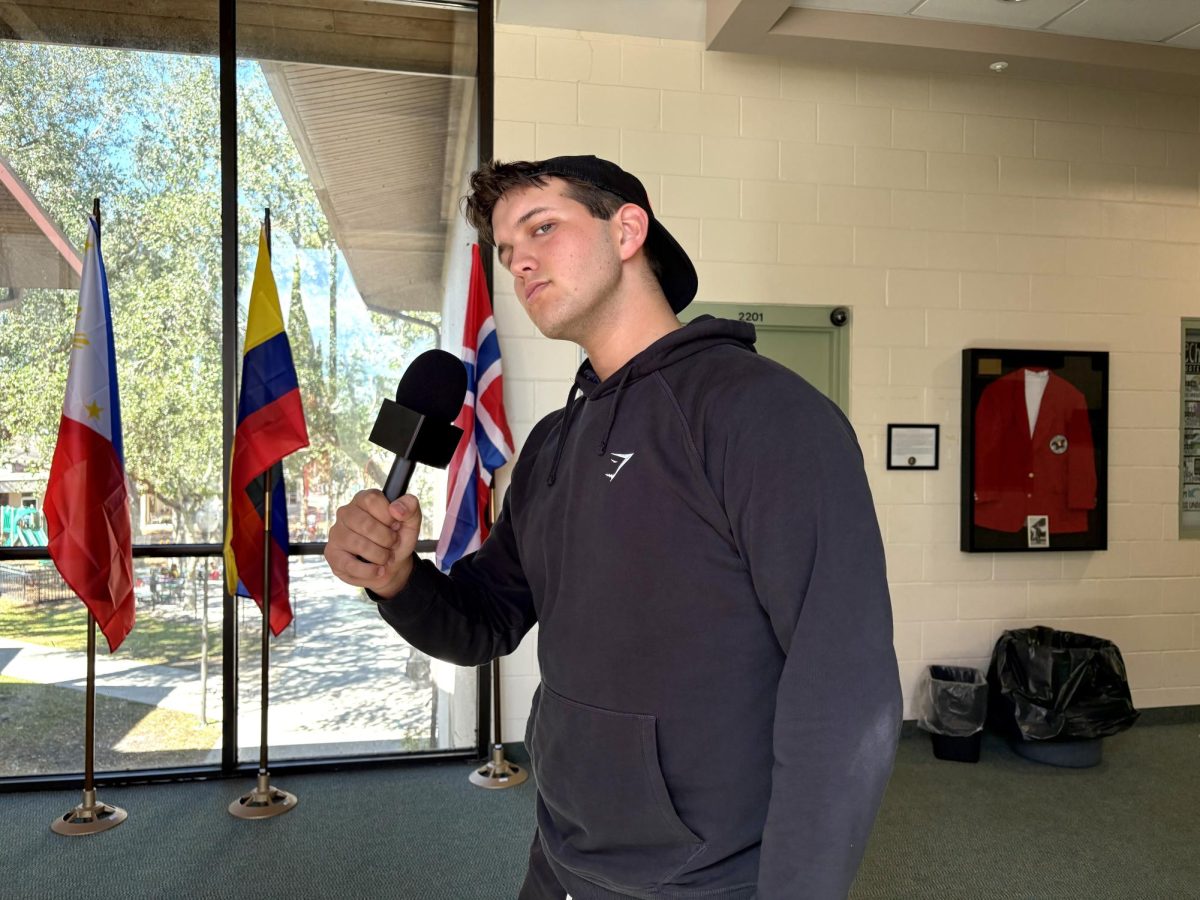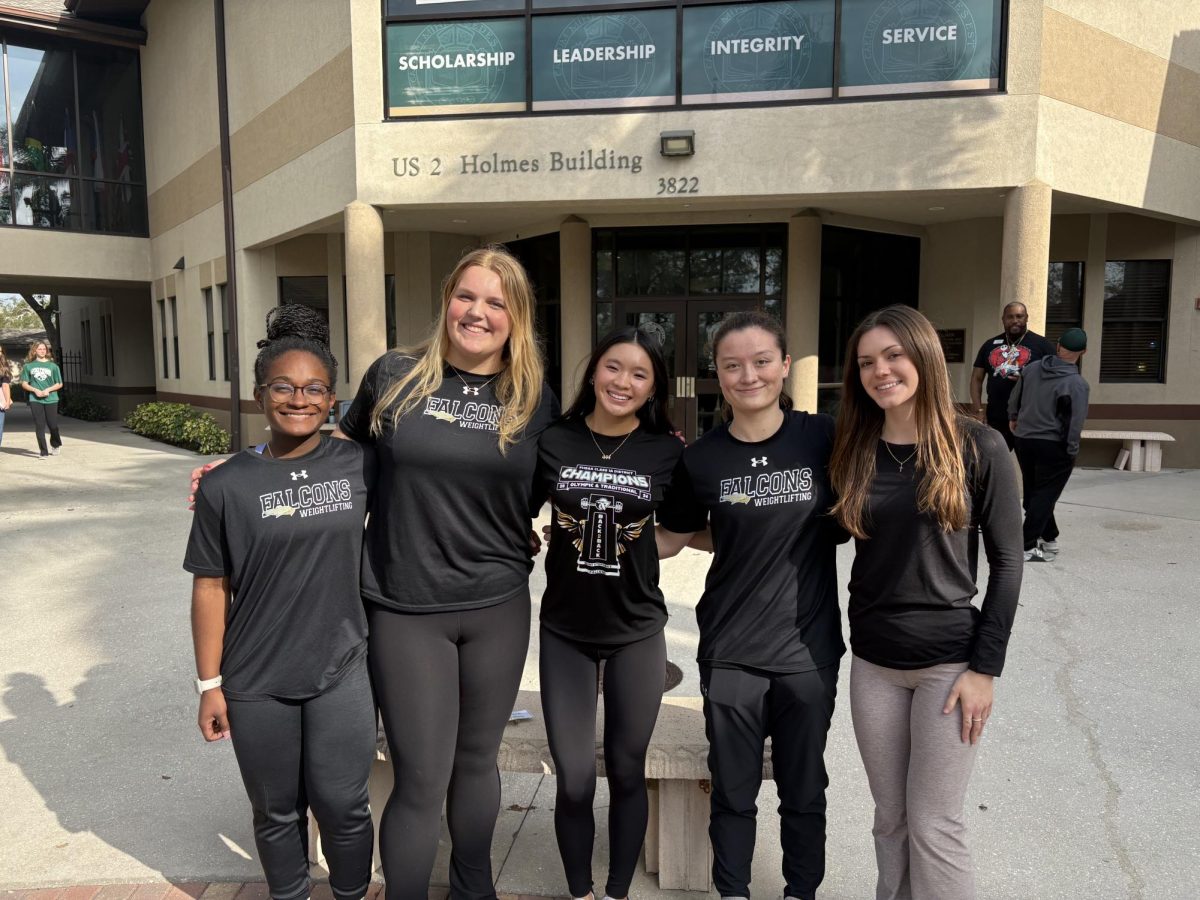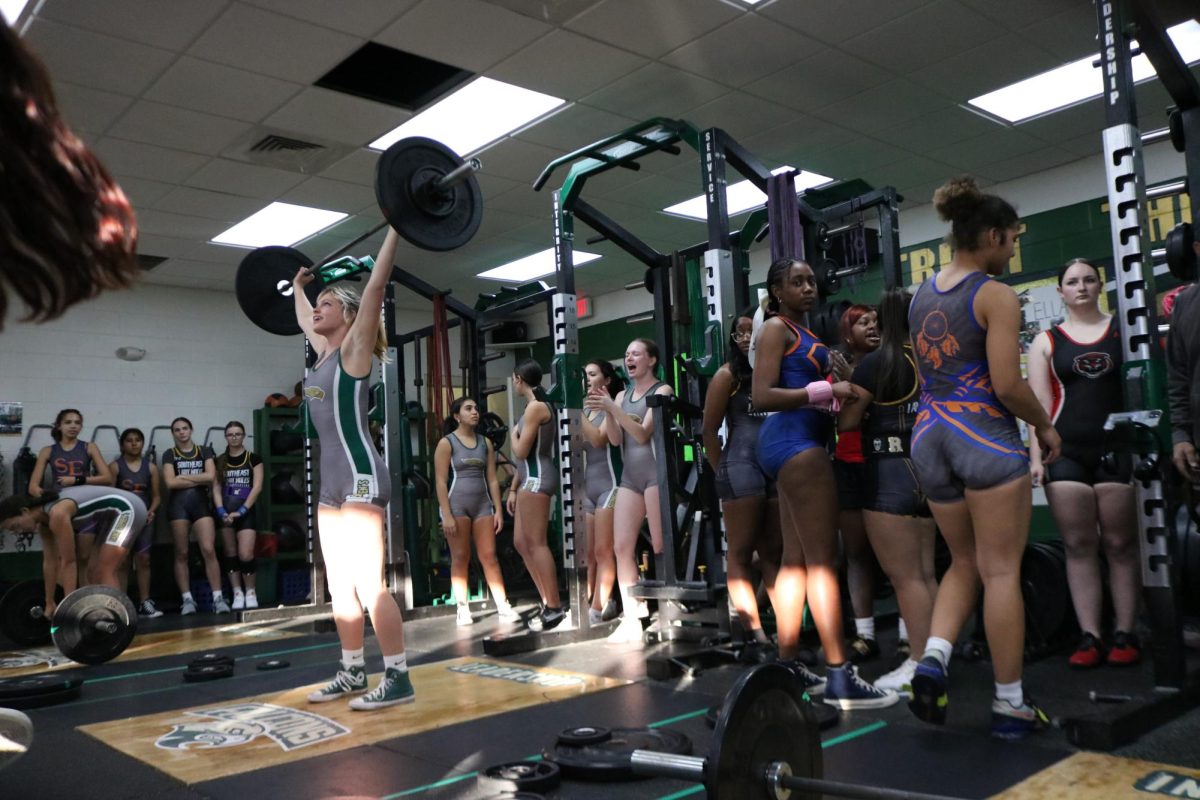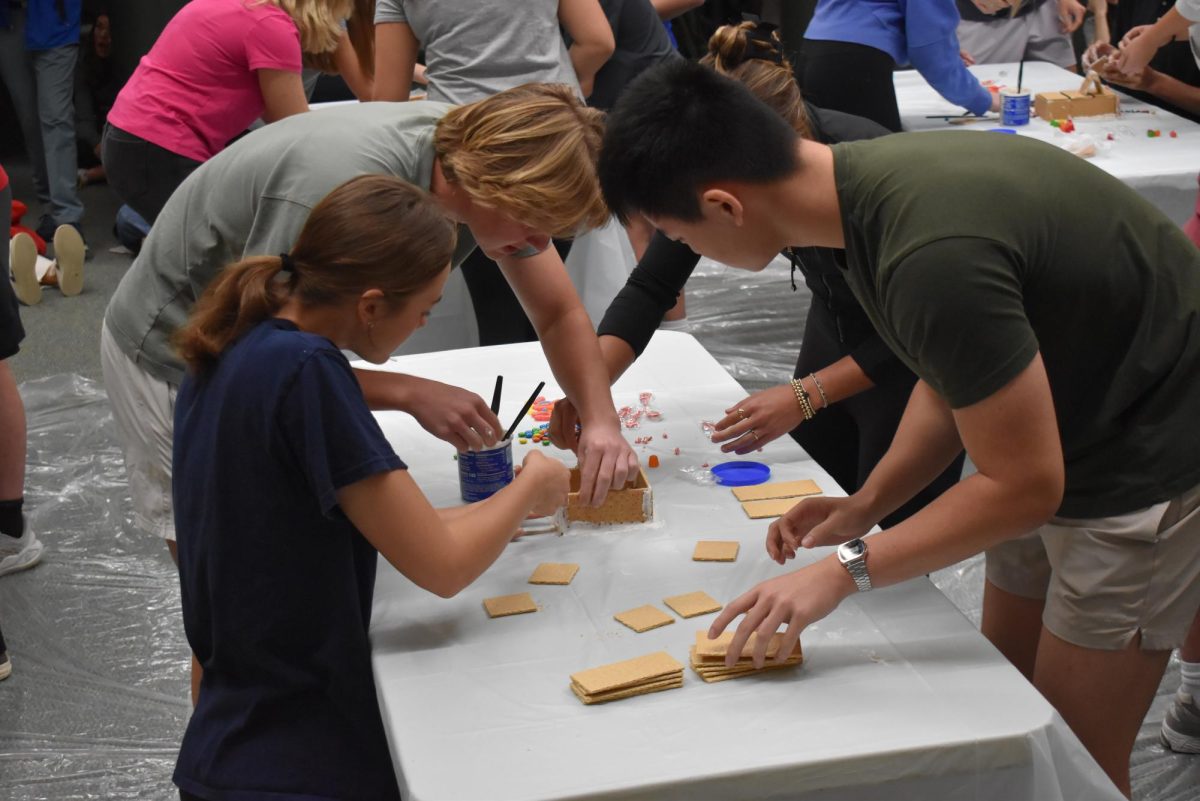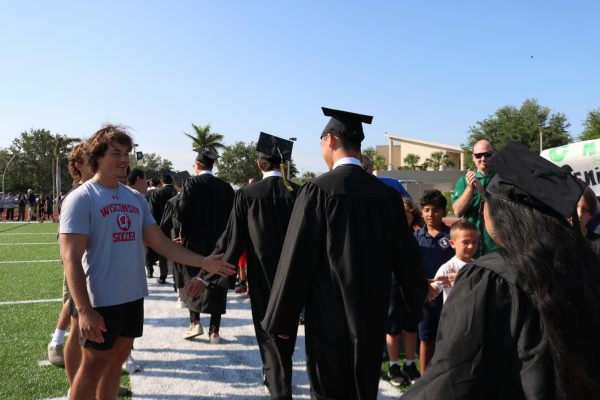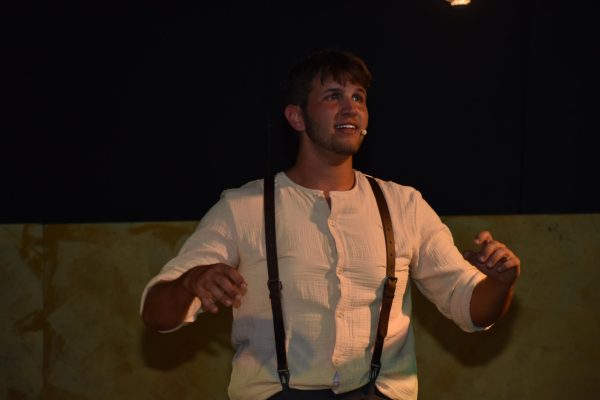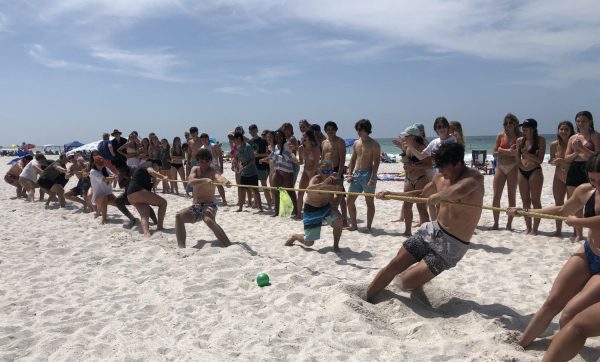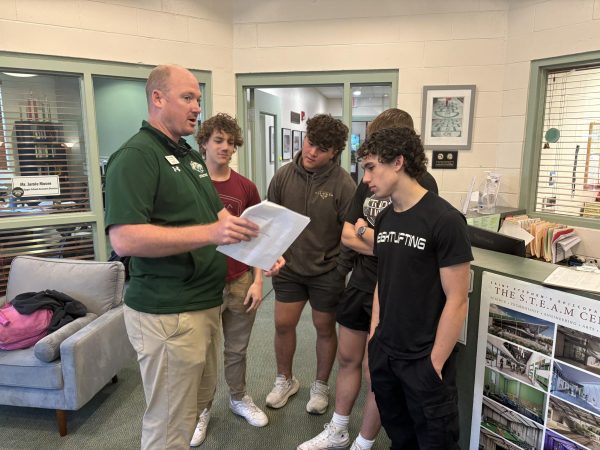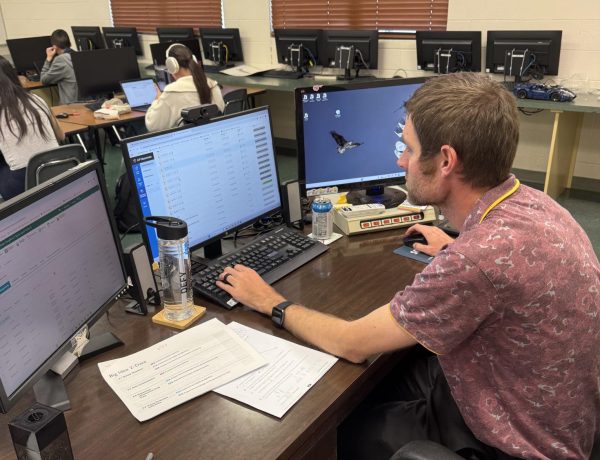Upper school survives week without cell phones
From January 14-18, the Upper School saw the return of the “Cell Phone Experiment,” wherein all students are required to give up their devices for one school week. Here’s how it went.

The return of cellphone-free week sent student and teacher devices into lockup.
February 7, 2019
In a surprise move last January (2018), the Saint Stephen’s administration announced that the Upper School would participate in a “social experiment,” requiring students to leave cellphones at home for the school week.
The experiment in “tech-less” living originated in response to the growing concerns about student device usage, especially in the messaging and social media senses.
Then, just after winter break this year, it was announced that the so called “Cell Phone Experiment” would return: January 14th to 18th was set to be the device free, and the buzz began on campus.
In a recently conducted “tech survey” of the Upper School, it was revealed that on average, SSES students spent 32 minutes on Instagram per day, 53 minutes on Snapchat, and 2 hours and 12 minutes on music apps.
Those are high numbers, but based on the survey, Saint Stephen’s students don’t appear to suffer from “social media addiction,” so to speak, but we certainly do use devices pretty heavily.
Further, the survey numbers reflect averages, which are brought down by non-users. There are a lot of students whose usage times are far higher.
Thus, the return of the experiment, whose initial goal was to simply make students more aware of their cellphone use.
After the week concluded, some Falcons felt good about the experiment while many were not convinced of its effectiveness.
Mr. Forrester said the idea for the device-less trial originated from a similar social experiment conducted by researchers, where results concluded that students who carried their cell phones during school, on average, tended to be more distracted during class, even when they weren’t in use.
“We wanted to find different ways to help students focus on their studies,” said Mr. Forrester.
During this year’s cell-free week, the Upper School observed some small shifts in student behavior. Mr. Forrester explained that he saw many people were able to survive their days without cell phones, and that those who decided to keep their phones were more attentive to their use of it.
“The two [chapel] days that week, nobody had their phone in their hand…It was a different feel to the chapel those days.”
It appears that the social experiment was also an attempt to bring about more face-to-face, in-the-moment interaction and connection among the student body.
The administration acknowledges that cellphones are still a very helpful “work tool.” However, the focus of the trial period was to determine some of the disadvantages of overuse. “It’s a case of helping children monitor their cellphone use,” Mr. Forrester said.
Junior Bolly Turner is one of the many Upper Schoolers who chose not to participate in the experiment. “I think it’s pointless because few chose to participate in [the cellphone ban].” He later added that he “would be open and more willing to participate in another type of experiment,” hinting toward a trial period next year of no computers or iPads.
Now, the conversation shifts to next year’s “experiment.” Will it be the same? Or will admin shift things up with a different tech-monitoring experiment? Only time will tell.


